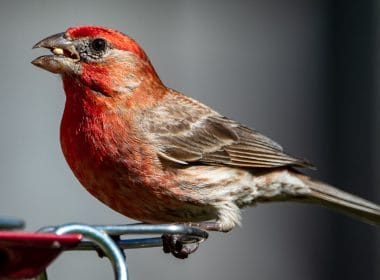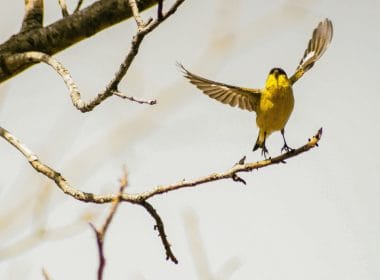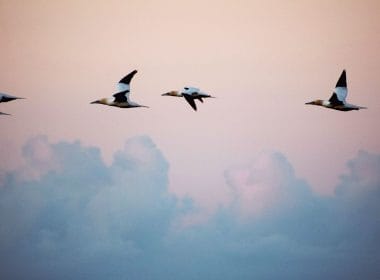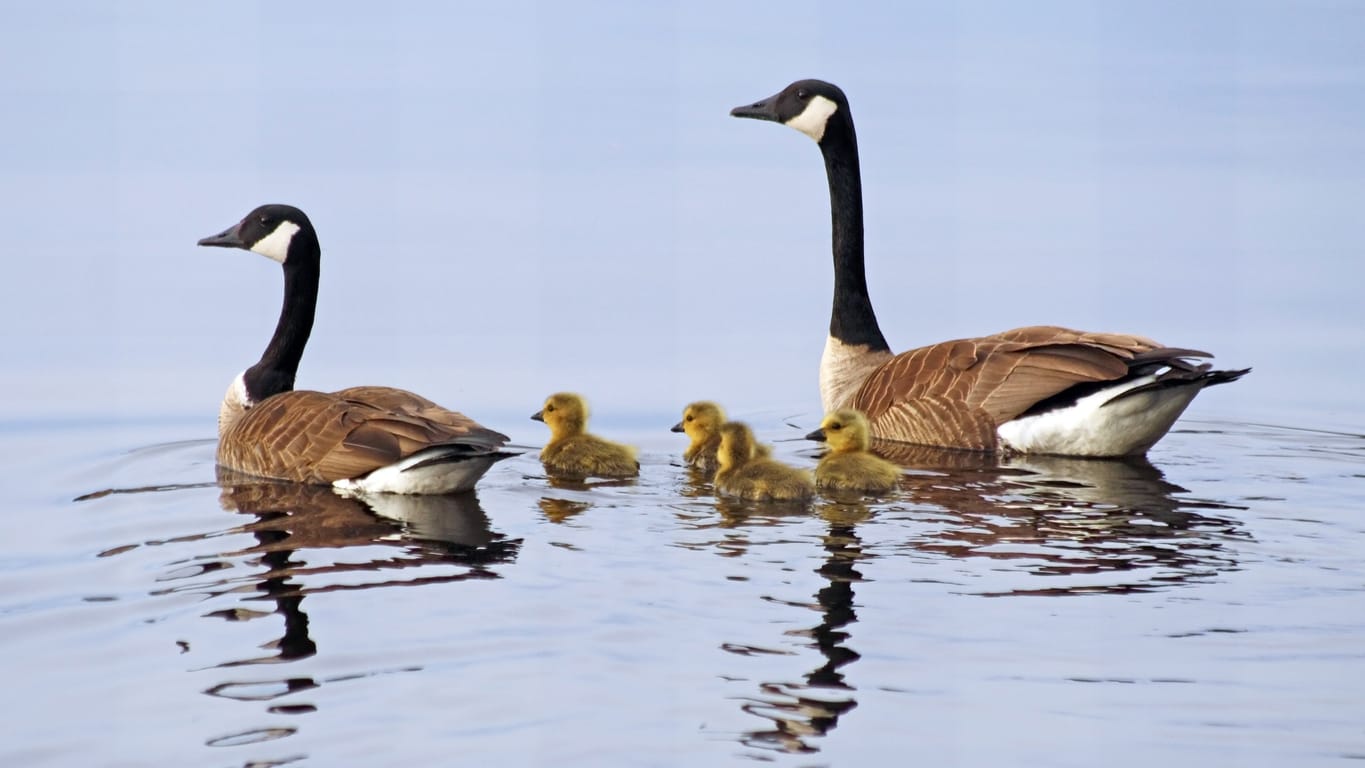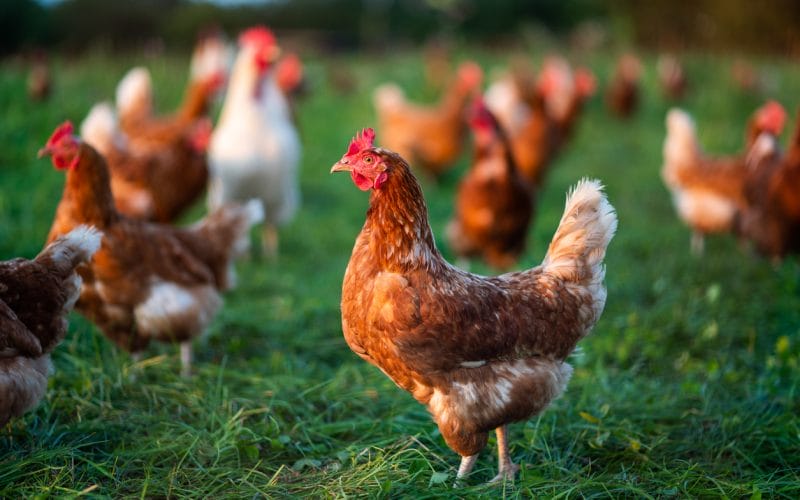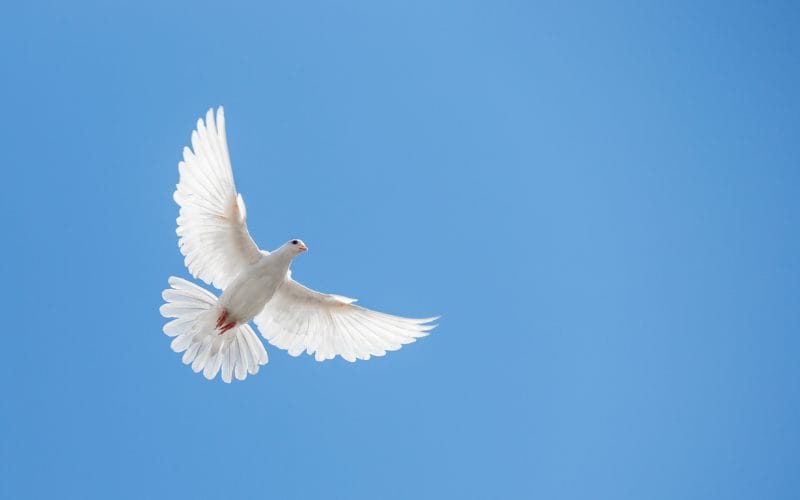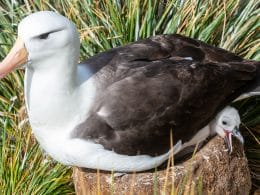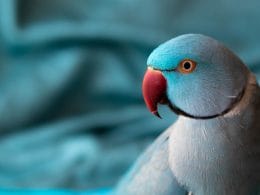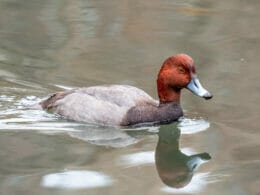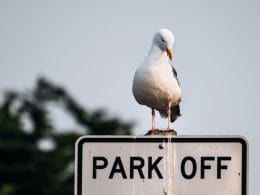If you’ve ever been near a body of water, you’ve certainly seen a goose majestically roaming around. Geese are a type of waterfowl that are both beautiful and loyal. In fact, many people keep geese as pets as they’re super friendly.
In this post, we’ll go over the lifetime of different types of geese. We’ll also discuss why some geese live longer than others.
What Is the Lifespan of Geese?
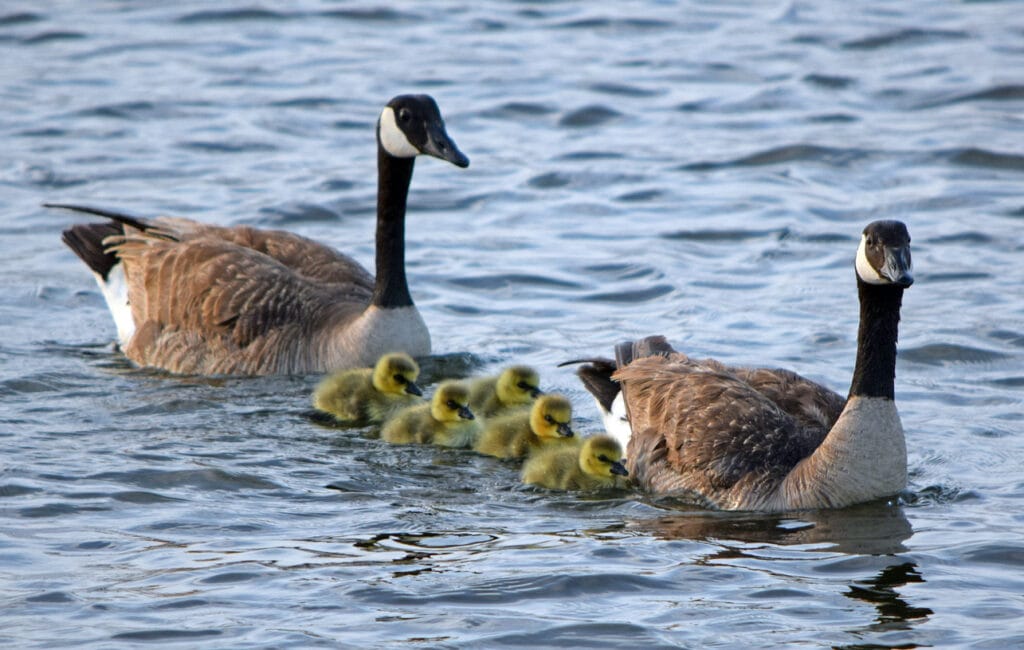
The average lifespan of geese differs depending on the breed. Generally, geese live an average of 15 to 20 years, with some reaching up to 30. Nutrition, habitat, and living conditions all have a role in the lifespan of a goose.
Author Note: Wild geese, for example, may have a shorter lifespan than domesticated geese since there are threatening factors at play, like geese hunting and prey animals such as wolves and bears.
Note also that wild geese must hunt for their own food, which can be dangerous at times. Not to mention that wild geese endure habitat loss as a result of human expansion.
How Long Do Domestic Geese Live?
Domestic geese can live for more than 20 years if treated properly, and even up to 30 years in ideal settings.
Domestic geese breeds include:
- Greylag Goose – Can live for up to 30 years in captivity and 20 years in the wild.
- Swan Goose – Can live for up to 20 years in captivity.
- Hybrid Goose – The lifespan of this goose depends on its cross-breeding.
People raise domestic geese for a variety of purposes. Some of which include egg production, meat production, and pets.
Many people also keep geese for breeding, which doesn’t come as a surprise since domestic geese can breed with several partners, which makes them suitable for commercial gain.
If you wish to care for geese, you must monitor their diet and water intake to ensure that they live a long and happy life.
Every day, geese require a big tub of safe drinking water. Because geese like to mate on the water, some breeds prefer a deeper water source.
As for diet, geese love to eat seeds, nuts, and berries. Their main diet, however, should consist of a quarter-acre of grass. With that diet and water mix, the goose can live for a long time.
What Breed of Goose Lives the Longest?
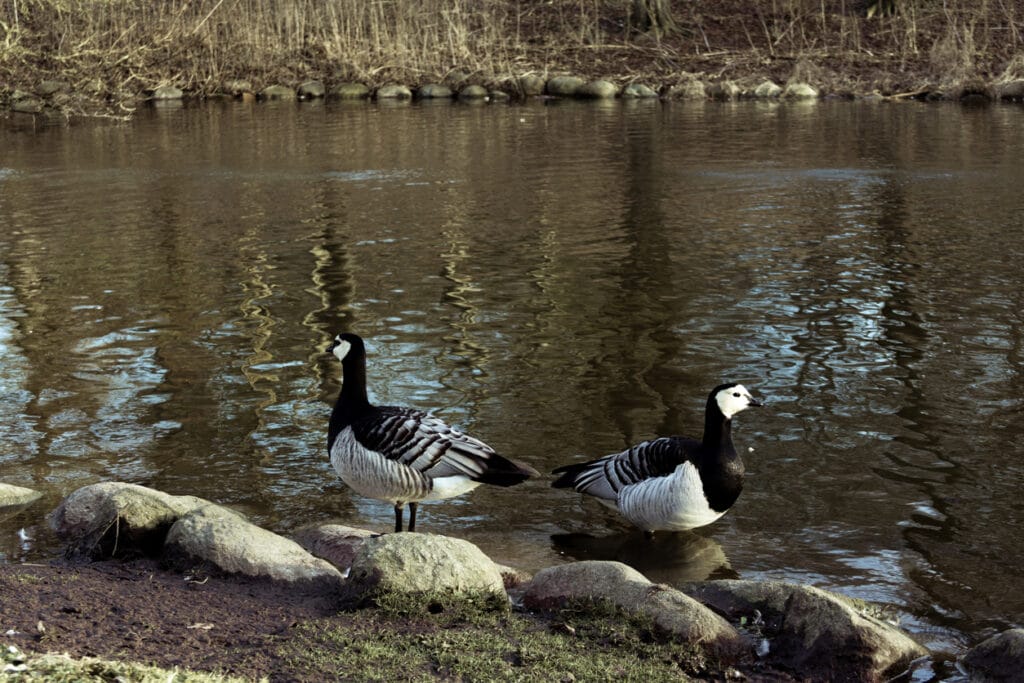
The oldest geese recorded was a Barnacle Goose. Barnacle Geese can live up to 12-24 years on average. The recorded goose lived for 30 years and 4 months!
Author Note: Throughout its life, the bird will have traveled five times the Earth’s circumference. That number is approximately 120,000 miles.
The Lifespan of Different Geese Species
The lifespan of different geese species varies. Not only that, but certain species’ conservation rates are falling, putting them at risk of extinction.
The life expectancy of the most well-known goose breeds is listed below.
1. Canadian Geese
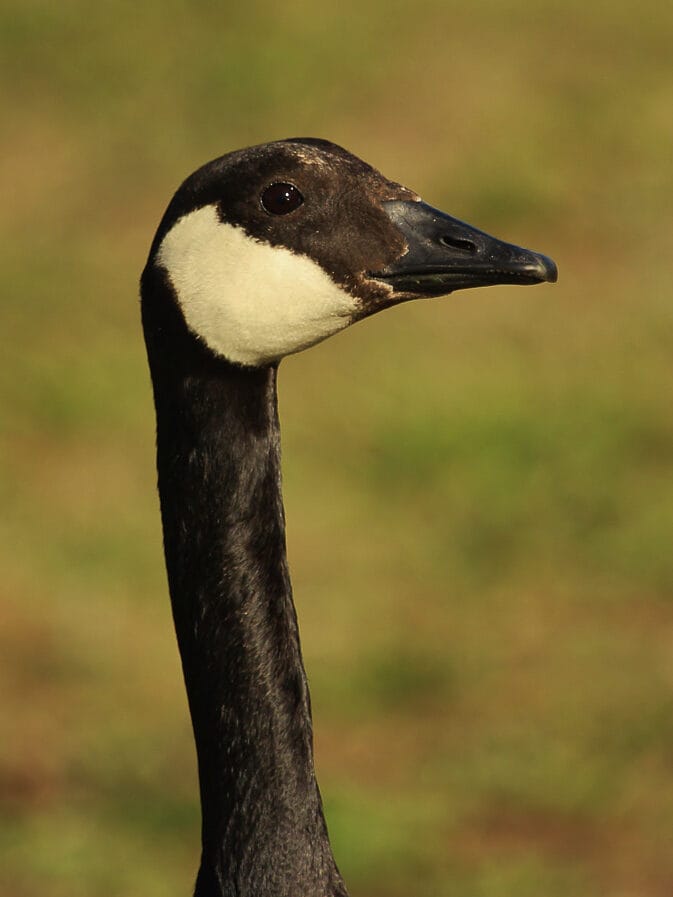
Wild Canadian Geese have a lifespan of 12-20 years. And even though domesticated Canadian Geese live longer, they rarely reach 30 years.
Canadian Geese were decreasing in population during the 20th century. The Migratory Bird Treaty Act of 1918 enacted regular hunting seasons to deal with the issue.
Sadly, by 1962, wetlands degradation had posed a risk again.
2. African Geese
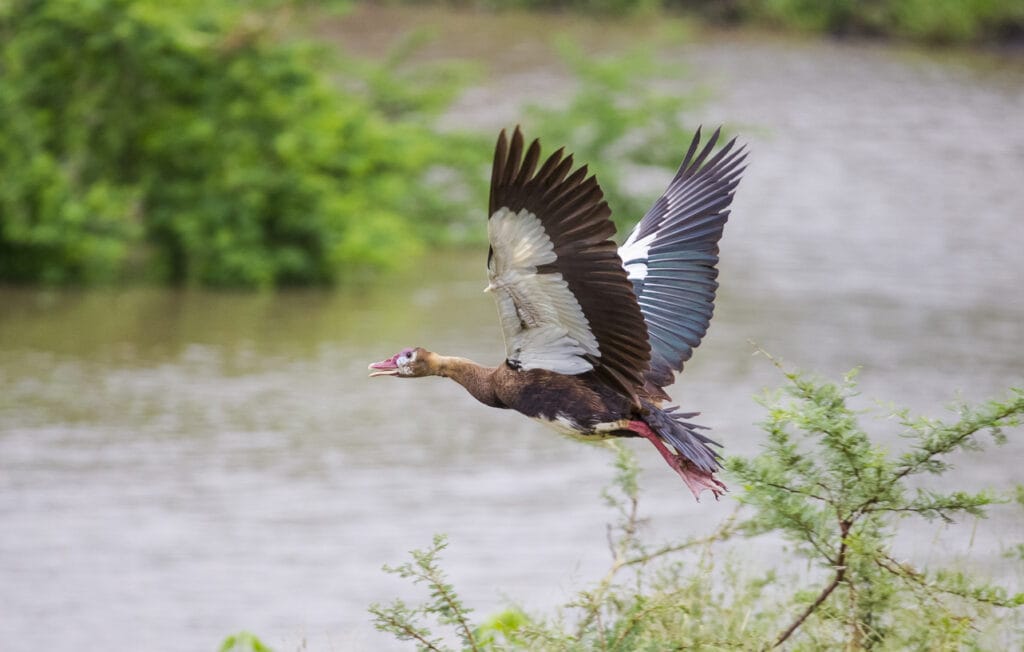
African Geese have a lifespan of 10 to 15 years. These geese have a reputation for living for a long time. Domestic African Geese can live up to 25 years or more if properly cared for.
Despite having a lifespan of roughly 15 years, these geese are usually killed and eaten when they’re around 14 weeks old.
3. Chinese Geese
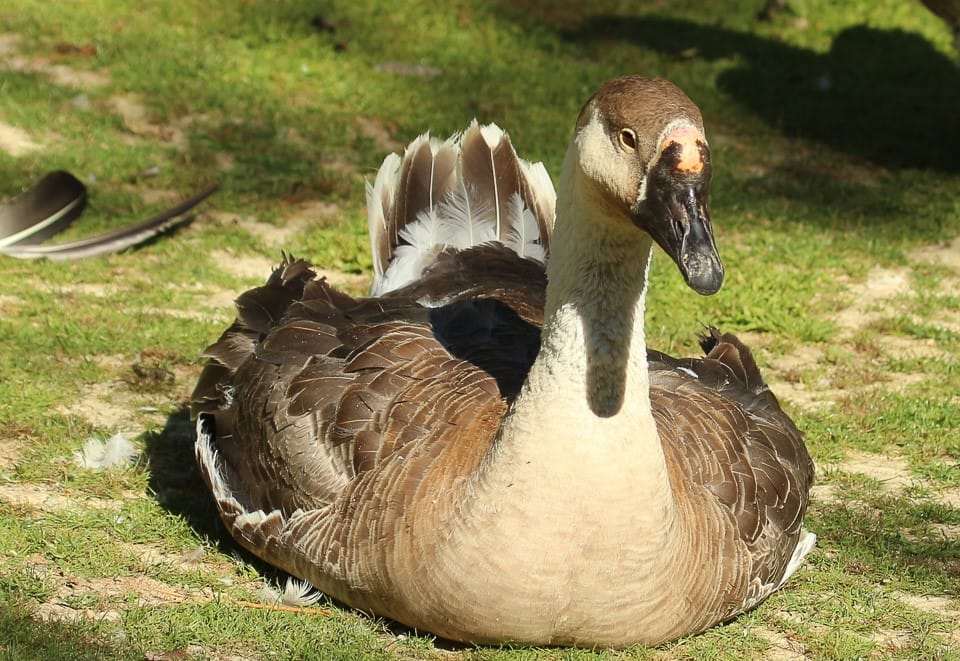
The average lifespan of Chinese Geese is 10 to 15 years. Unfortunately, the Chinese Geese are a threatened species, with their population rapidly declining.
4. Snow Geese
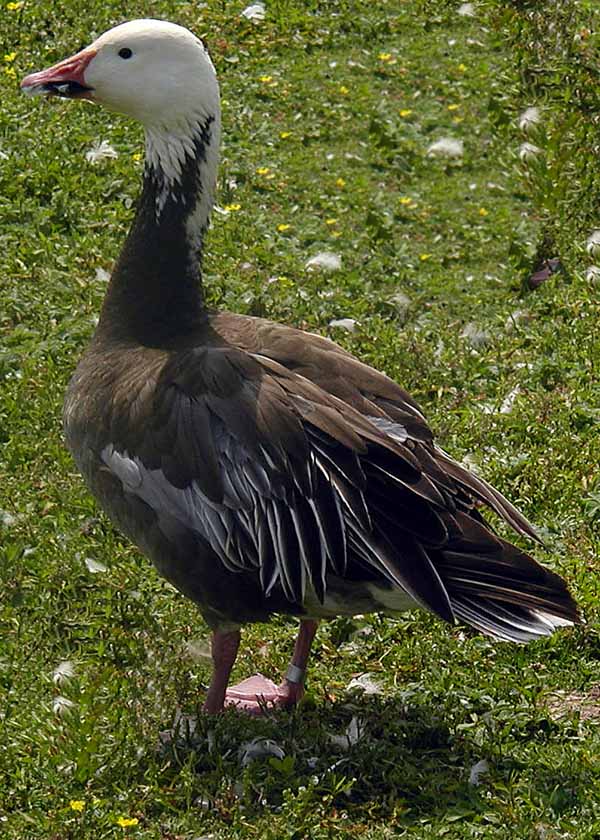
Snow geese can live up to 10 to 20 years. Since the 20th century, the population of Snow Geese has increased dramatically. This is presumably due to the warming climate in their northern breeding sites.
Since 1973, the population of the eastern and western arctic has tripled!
5. Toulouse Geese
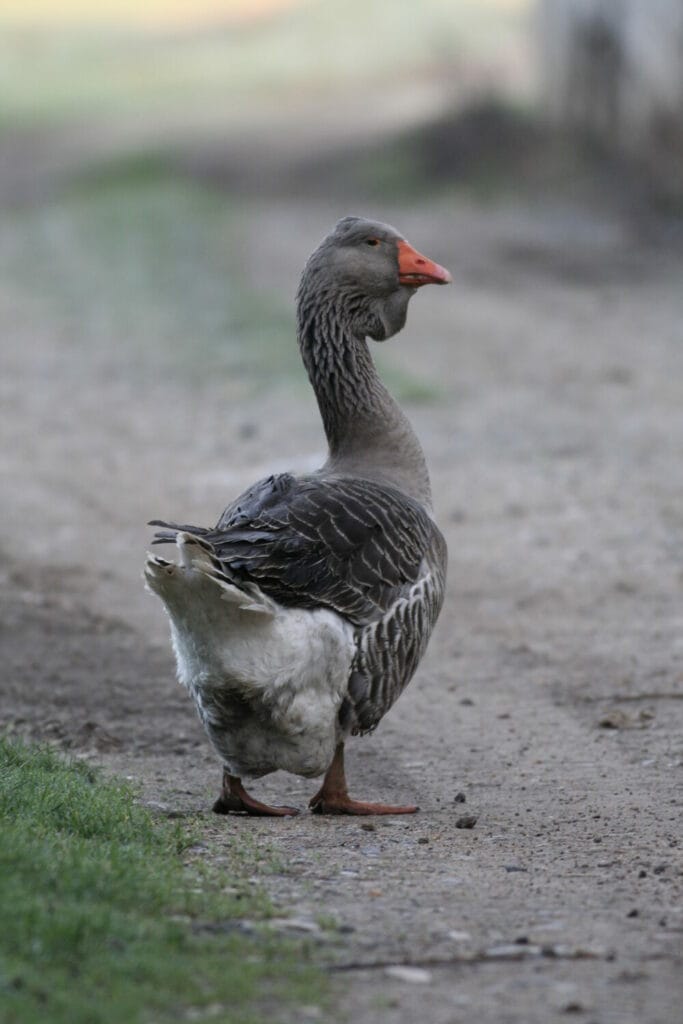
The lifespan of Toulouse Geese is from 10 to 20 years. However, in captivity, they can reach up to 22 years.
6. American Buff
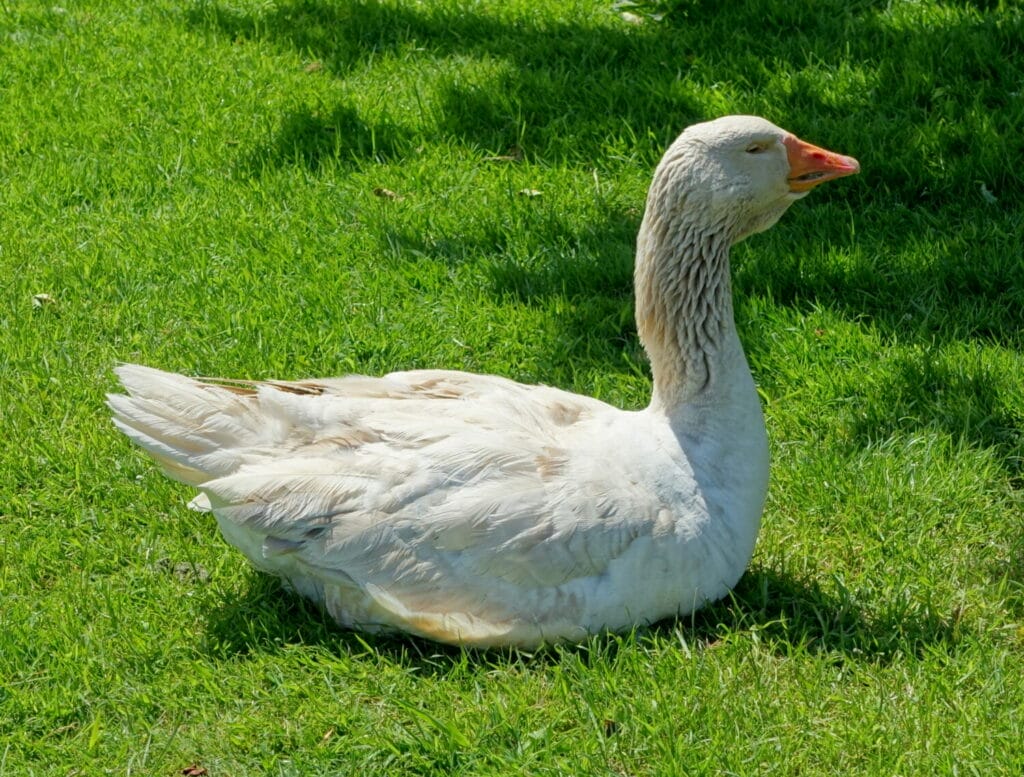
The American Buff is the most popularly consumed goose breed in the United States. They lay 15 to 25 eggs per year and have a lifespan of 15 to 25 years.
7. Emperor Geese
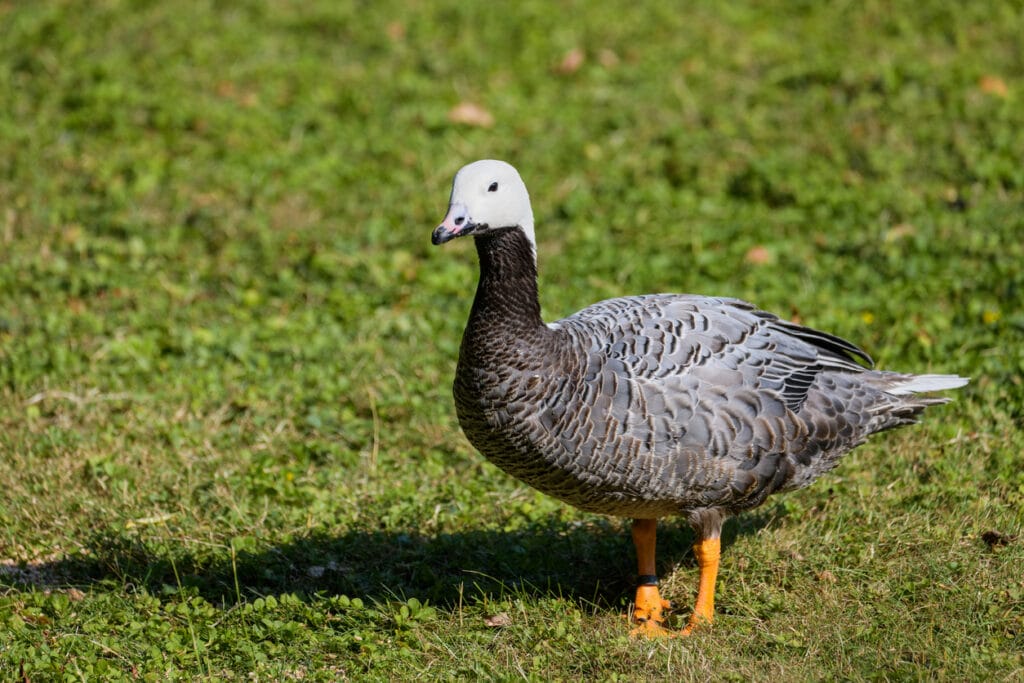
The Emperor Goose has a lifespan of 12 years to 25 years. The IUCN Red List classifies the Emperor Goose as near threatened.
Author Note: The causes of the Emperor Goose’s population reduction are unknown. However, oil pollution, hunting, and global warming are presumably the main reasons for this decrease.
Why Do Some Geese Live Longer Than Others?
There are many factors as to why some geese live longer than others. Some of these factors include:
1. Species
The breed of geese influences how long they’ll live. There are more than 20 breeds of geese, and the average lifespan varies from one breed to another.
Several factors affect the longevity of each species. Some of these influences are changes in the living environment, dietary habits, and behaviors.
Cackling Geese, for example, can live for only 10 years on average, while Snow Geese live for about 15 years.
2. Sex
The sex of a goose can play a part in its survival rate, although it’s not a big factor.
Females are more likely to die during the breeding season. This is due to the fact that they stay in the nest longer and are more vulnerable to predator attacks.
In the wild, geese have a lot of natural predators. Predators are especially interested in their eggs and chicks. Coyotes, wolves, bears, and raccoons are all common predators of geese.
When geese are attempting to defend themselves, they tend to be hostile. They have the ability to protect themselves by creating a lot of noise. Their wings and beaks are strong and can inflict great harm on any animal that tries to hurt them.
3. Diet
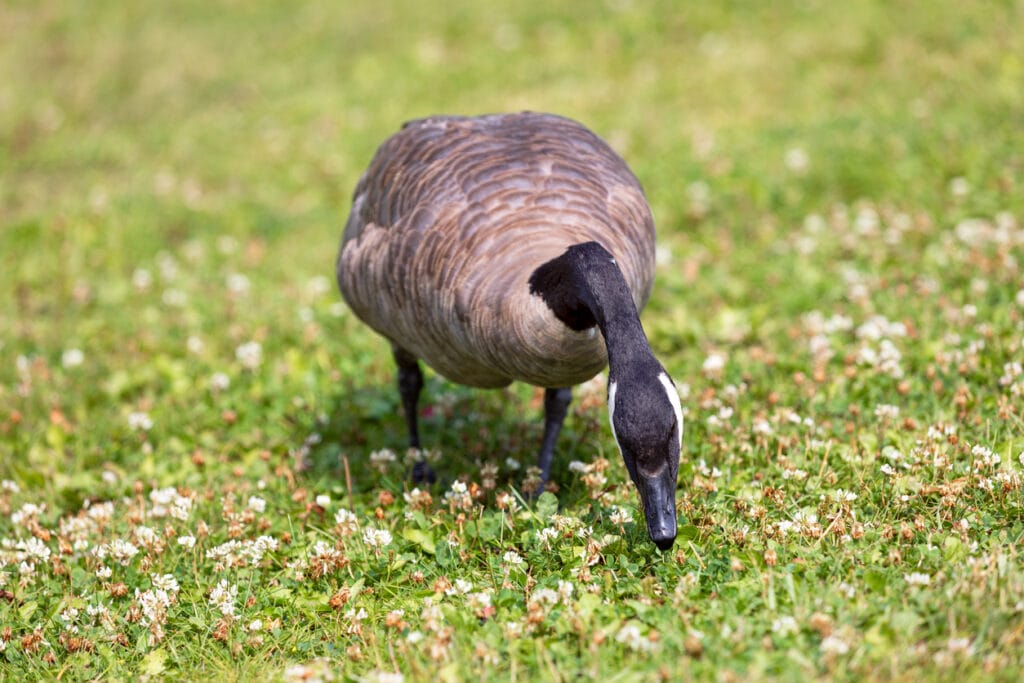
The lifespan of geese depends greatly on their diet. Geese consume a wide range of foods. They eat grass, grains, seeds, and berries.
Some geese may consume fish sometimes, but it’s uncommon and has little to no effect on their longevity.
Every day, geese require fresh water. Make sure the water is around their feeding area so it’s constantly accessible. To avoid choking, they need easy access to water when feeding.
Author Note: It’s crucial to note that you should never feed wild geese. It’s possible that feeding them will harm them. Feeding them bread, for example, can induce a condition known as Angel Wing.
Angel Wing is a syndrome in which the wing’s last joint is bent, and the wing feathers tip out instead of lying flat on the body.
4. Habitat
Geese like being near water bodies. Water provides a safe and secure environment that geese require to flee from predators.
It’s worth noting that city parks, farms, and other urban environments are home to many breeds of geese.
These birds nest in a somewhat high place near water in the wild. They seek locations with a clear view so they may spot approaching predators with ease.
Domesticated geese will require a secure enclosure surrounding the field. The enclosure will help keep predators out, extending the lifespan of your geese.
5. Captivity
The danger of wild geese being hunted is significant. Natural predators, in addition to human hunters, are always on the lookout for them constantly. As a result, they can live shorter than domesticated geese.
Some species are at risk of extinction as a result of overhunting. The IUCN has listed Swan Geese as vulnerable. This is due to persistent population decreases and habitat losses. Their overall population ranges from 60,000 to 90,000.
6. Diseases
Because geese are social birds, they’re very susceptible to infections and illnesses. They spend plenty of time in big flocks, which makes it very easy for a disease to spread.
Common diseases geese contract are aspergillosis, coccidiosis, and duck viral enteritis (DVE).
Author Note: Domestic geese have more access to health care than wild geese. Therefore, they’re generally healthier. A veterinarian can examine them once symptoms appear. This will lower the danger of life-threatening diseases and help them live longer.
Wild geese, on the other hand, don’t have exposure to the same treatments as domesticated geese. This will result in them dying easily or staying weak till they recover.
The Life Cycle of a Goose
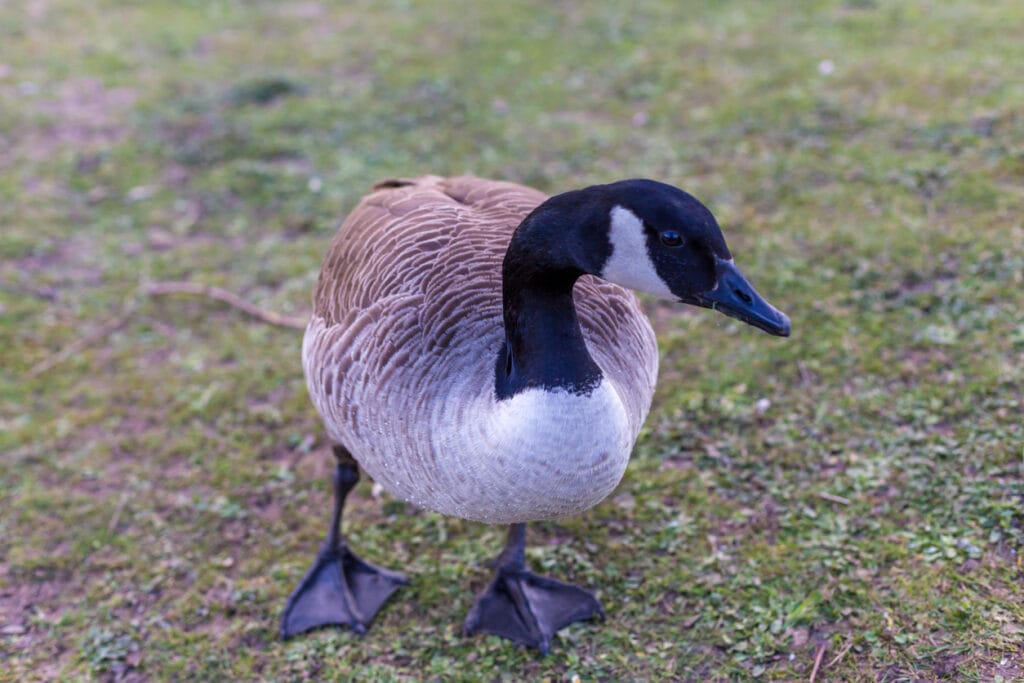
Geese have long and relatively slow lifecycles. Here is a very brief rundown of their life cycle:
- Incubation: 26 to 34 days
- Time to develop wing feathers: 40 to 90 days
- Sexual maturity: After 2 to 4 years
- Lifespan: 12 to 24 years
Geese usually start laying eggs during the spring. The laying season begins in mid-February and lasts until the middle of May. Geese lay one egg every couple of days until a batch of five to nine eggs is delivered.
Author Note: After delivering the eggs, a goose goes in for the incubation phase, which can last anywhere from 26 to 34 days. The eggs have a gestation period of 28 to 30 days. The eggs will start to break, and the newborn chicks will emerge once this time period has passed.
Following the hatching, the newborn geese are able to walk, eat, and drink independently. When the baby birds have molted their initial feathers and grown their adult feathers, the goose has become an adult. Fledgling might take anywhere from 40 to 90 days.
Once the geese achieve sexual maturity, which occurs at the age of 1-2 years, they mate and breed. The majority of geese are monogamous and stay together for the rest of their lives.
In Summary
Geese can live anywhere from 10 to 25 on average. There are several factors that influence the lifespan of a goose, though. Such factors include diet, habitat, and breed.
Generally speaking, domesticated geese live a lot longer than wild geese. This doesn’t come as a surprise considering wild geese are constantly targeted by predators and hunters.
FAQ
Yes, they do. In fact, they can remember faces and other animals so well that they are increasingly kept as guard geese on properties.
Yes, they do. They are loyal, affectionate and can bond with humans. They are fun to have around and always entertaining.
Geese are capable of emotion and will mourn the loss of a mate, egg or young chick.
